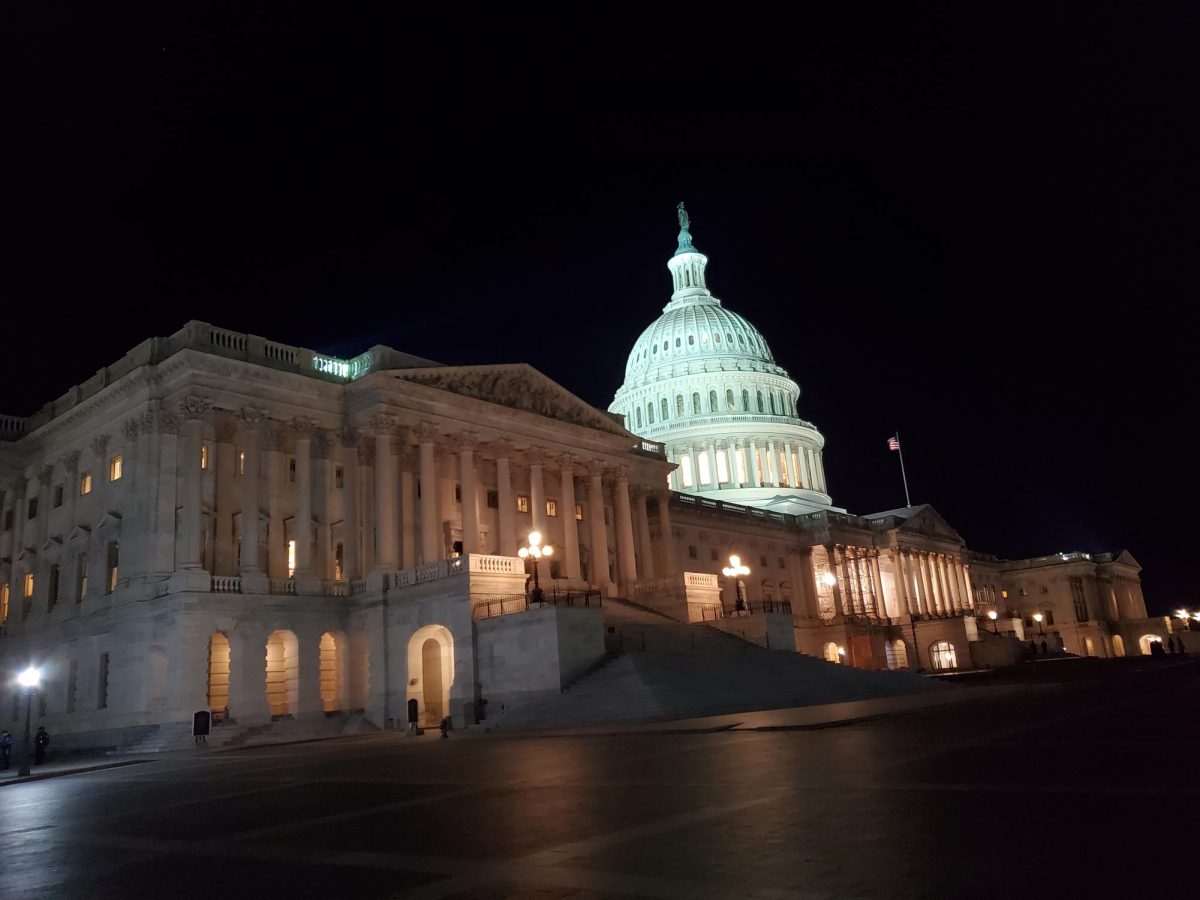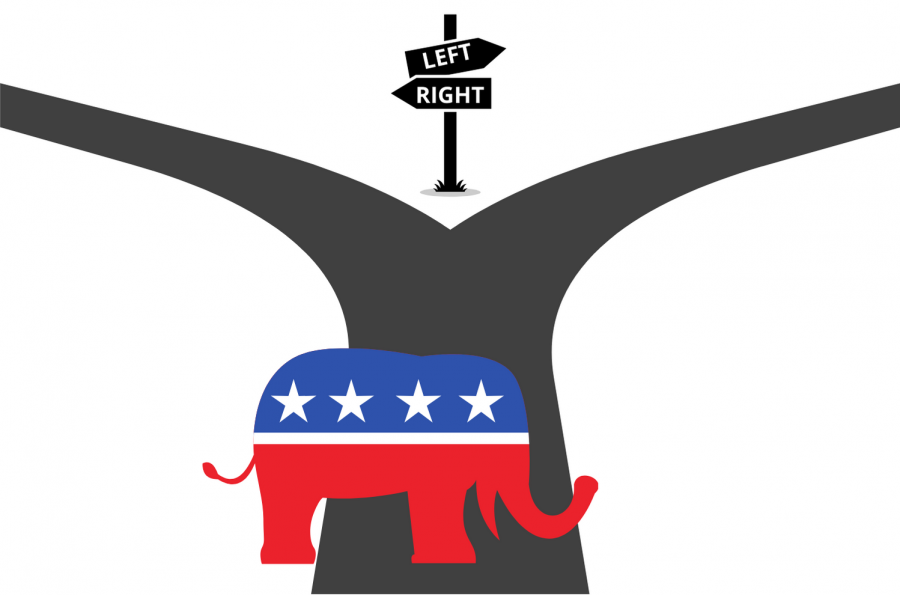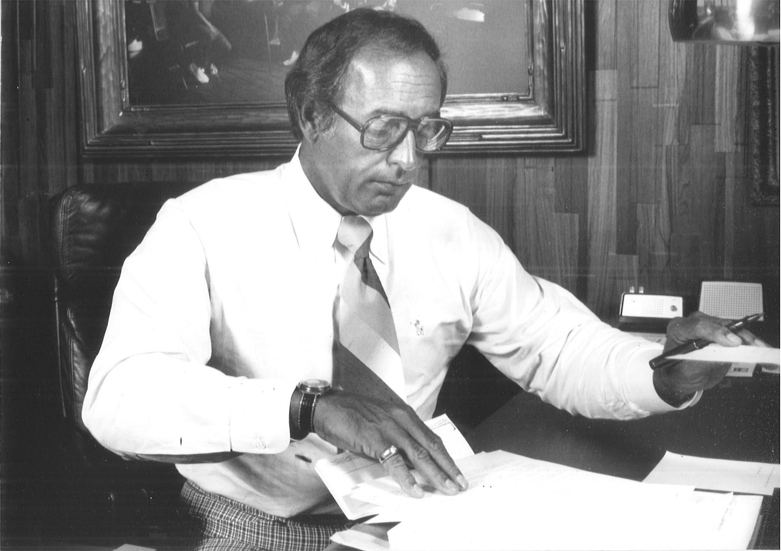In Plano, Tex., a suburb of Dallas that actor Joel McHale and infamous cyclist Lance Armstrong call home, gun owners both current and hopeful may get a financial break.
The city of 270,000 is largely populated by upper-middle and upper class white-collar families, the breadwinners of which work in nearby Dallas or at one of the many corporate headquarters Plano is home to. As a result, it is a rich suburb, ranked the wealthiest city in America by CNN Money in 2011. Coincidentally (or perhaps not), it is also the safest: in 2010, Forbes reported it as having the lowest violent crime rate of any American city with a population over 250,000.
Despite its share of wealth and importance being disproportionate to the rest of the state, the city of Plano is near the forefront of the Texas second amendment protection movement.
The city has five gun shops and two shooting ranges within city limits, and there are several dozen more just over its borders with the more rural cities of Carollton and McKinney.
One of Plano’s three representatives to the Texas legislature, Republican Rep. Jeff Leach, proposed on Monday a tax holiday for gun purchases in the state on March 2 of every year. According to NBC Dallas-Fort Worth, “the proposal would include no sales tax on shotguns, rifles, pistols, revolvers and other handguns, gun safes, gun cases, cleaning supplies, and optics, ammunition, archery equipment, hunting stands, blinds and decoys.”
If approved, the Texas Gun Ownership Reinforcement Act will take effect on Sept. 1, 2013.
Neither the title of the bill nor the proposed date are coincidental. March 2 is Texas Independence Day, an official state holiday celebrating the Lone Star Republic’s 1836 secession from the Republic of Mexico.
Rep. Leach explained his position in a statement on his Facebook page that was accompanied by a picture of the flag used in the Texas War of Independence, an image of a cannon with the words “come and take it” emblazoned across the bottom as a salute to the defenders of the Alamo.
“I’m proud to author House Bill 1533, the Texas Gun Ownership Reinforcement Act, establishing Texas Independence Day (March 2) as a tax-free holiday towards the purchase of firearms and hunting supplies in Texas,” Leach wrote on Monday.
“It is time for Texas to take the lead in the fight against Washington’s attempts to infringe on our 2nd Amendment freedoms — and this unique legislation does just that. … God Bless Texas!”
Such gun-specific legislation is becoming more and more common as legislators and regular citizens across the country react to the tragedy at Sandy Hook Elementary School (Newtown, Conn.) last December. The Washington Post reports that a bipartisan group of US senators are nearing agreement on a bill that would require background checks for most gun sales, including private transactions. Vice President Biden also came forward recently in support for Connecticut governor Dannel Malloy’s battery of legislation designed to close loopholes left by the state’s already stringent gun laws.
New York was the first state to react, passing the nation’s strictest gun laws in mid-January. All semi-automatic weapons are now banned from being purchased within the state, and current owners have one year to register them with police without punishment.
Like Texas, though, other states passed laws that loosened existing restrictions on guns. In Minnesota, legislators have passed several bills allowing for concealed weapons licenses, and lawmakers there are considering extending such privileges to public school teachers as a check against mass shootings like at Sandy Hook, a move Texas state legislators are trying to imitate.
In Michigan, more than a dozen bills concerning guns are up for consideration this year by the legislature in Lansing. Governor Rick Snyder vetoed a bill last year proposing that openly-carried weapons be allowed anywhere in the state, because it didn’t give organizations like churches and daycares the option to choose to be gun-free zones.
Other Michigan bills up for consideration this legislative season include one that would exempt the state from federal gun laws when concerning weapons made in Michigan, one that would allow anyone (including faculty and staff) to carry weapons on school property, and another that would prohibit firearms dealers from taking photographs of individuals who are purchasing a gun or getting a license to own one.
Michigan State and County Police are reporting record numbers of applicants for licenses and gun registrations.
“Numbers are up due to public’s belief that stricter gun control laws are looming coupled with (the) Newtown tragedy,” says Michigan’s Genesee County Prosecutor David Leyton, quoted in USA Today.
In other parts of the country, weapons dealers are faced with sudden gun and ammunition shortages because of a similar skyrocketing demand.
ABC News reports that Texas governor and former Republican candidate for president Rick Perry “sent letters to 26 gun and ammunition manufacturers earlier this month inviting them to consider a move to Texas if the states they currently operate in impose ‘restrictive laws’ on their industry, according to a copy of the letter and list of the manufacturers provided to ABC News by the governor’s office.”
A month after running advertisements in New York inviting New York gun owners to move to Texas in response to the new state laws, Texas state attorney general Greg Abbott told the Texas State Rifle Association last week that “More guns equals less crime.” No matter how strict the Obama administration makes gun laws, he went on to say, “I will never, ever let anyone come to the state of Texas and take your guns away from you.”
Meanwhile, in Plano, residents sleep safe knowing that actor and honorary Texas Ranger Chuck Norris, a resident of Plano for many years, will be the last to give up his second-amendment rights.
“That right was enacted into constitutional law and was never to be encroached by anyone at any time, especially those in Washington,” Norris stated in a column he wrote for Townhall.com last month.
“Could 27 words be any clearer?! ‘A well regulated Militia, being necessary to the security of a free State, the right of the people to keep and bear Arms, shall not be infringed.’”
But the meaning of those 27 words are up to the interpretation of Congress, the Supreme Court and the state legislatures, all of which will surely make controversial decisions in the legislative year to come.






